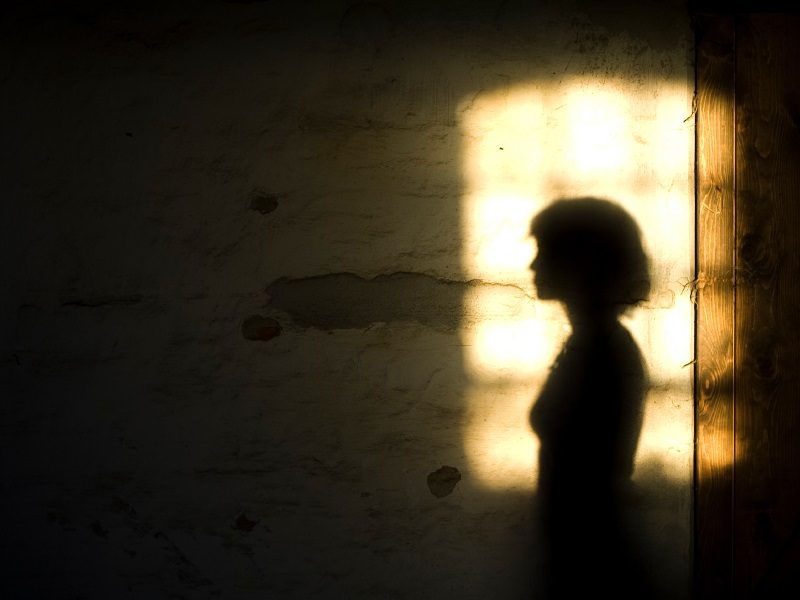
(For Russian version, please, scroll down)
At the beginning of 2016, a military officer from Moscow discovered that he was HIV-positive during routine testing. Later, his wife Natalia, who had tested positive for HIV several years ago, admitted that she had been afraid to disclose her HIV-positive status because she feared violent reprisals from her husband. The officer went to the police to commence criminal proceedings against Natalia, and the investigation continues. The media – as in most countries, our only source of information on cases like this – has not yet provided much more information about the case, so we do not know how long Natalia was forced to hide her HIV-positive status from her husband because of fear of violence.
This is not the only case started against a woman for alleged HIV transmission in 2016.
In January, 24-year-old Nadezhda, who lives in the Amur Oblast in the Russian Far East, was found guilty of charges of alleged HIV transmission to three men, under part 1, Art. 122, and part 3, Art. 122 of the Criminal Code (‘infecting others with HIV, knowing about the presence of this disease). She was sentenced to four years in a penal colony. Nadezhda appealed the verdict, but the panel of judges upheld both the verdict and her sentence.
More recently, in the summer of 2016, a 33-year-old woman from Bryansk, 379 kilometers southwest of Moscow, was prosecuted for allegedly infecting her male partner with HIV. The court used evidence that she was registered at an AIDS centre since 2007 against her, since she met the man in 2014. However, the court was relatively lenient, and she was given a three year suspended sentence followed by a three year probation period. In addition, consistent with best practice, her name was not disclosed in the media, in contrast to Nadezhda’s whose name was published in the news release by the Press Service of the Prosecutor’s Office.
At AIDS 2016 in Durban last month, the HIV Justice Network revealed new data showing that Russia now tops the global HIV criminalisation league table. We found reports of at least 115 arrests, prosecutions and/or convictions in Russia during the 30-month period: April 2013 to October 2015.
We have now collected eleven stories from the Russian media about women convicted under Article 122.
Since 2007, at least three of these women were sentenced to more than four years in prison for alleged HIV transmission to one or more partners. Another woman received a sentence of one year, seven months in prison, and a further two women had a suspended one-year and three-year sentence. In one case the court gave a 20 year-old woman 6-month’s probation. Verdicts for three cases are unknown.
It not just alleged HIV transmission that is being prosecuted; we also know of a 2013 case of a woman from the town of Kungur in the Perm Oblast, who was sentenced to spend one year and three months in a penal colony for potential or perceived HIV exposure: her partner was not infected.
Of particular concern is that in all of the above cases, evidence of prior knowledge of HIV-positive status came from medical records. In Russia, each newly-diagnosed person must sign an informed consent form indicating that he or she is informed of their potential criminal liability under Article 122 for HIV exposure and transmission. This informed consent is attached to their medical history, ready for an official request.
Furthermore, in cases of alleged HIV transmission, the public prosecutor did not adequately investigate the causal link between the accused and the complainant, because there is no test that can establish the timing and direction of transmission without any doubt. It is possible, for example, that some of the male complainants were infected before they had relationships with their female partners and before they themselves were diagnosed HIV-positive.
Article 122 was introduced into the Criminal Code, in particular, to protect women from HIV infection, but it is clear from our research that the law has been applied against women in Russia.
There are many reasons why women are vulnerable when HIV criminalisation intersects with gender inequality and violence. These include, but are not limited to, the following:
- Women often do not make decisions about when to have sex, with whom, and whether or not to use condoms.
- Women are often economically dependent on their partner, which increases the inequality in their relationships.
- Unfortunately, there is evidence that intimate partner violence often occurs when a woman discloses her HIV status.
- Fear of prosecution prevents women from getting tested, knowing their status, and getting HIV treatment, because many laws are applied precisely against those who know about their diagnosis.
There is a hope that shedding light on what is going on in Russia will help mobilize people around these unjust prosecutions. As new cases emerge we will continue to report on them on the HIV Justice Network website.
Evgenia Maron is the HIV Justice Network’s EECA Consultant
- Женщины часто не принимают решения о том, когда и с кем заниматься сексом, использовать презервативы или нет.
- Женщины часто зависимы экономически от своего партнера, что усиливает неравенство в их отношениях.
- К сожалению, есть данные, что насилие со стороны интимного партнера часто следует за тем, когда женщина раскрывает свой ВИЧ-статус.
- Страх уголовного преследования мешает женщинам тестироваться, знать свой статус и получать лечение ВИЧ, потому что многие законы применяются исключительно против тех, кто знает о своем диагнозе.